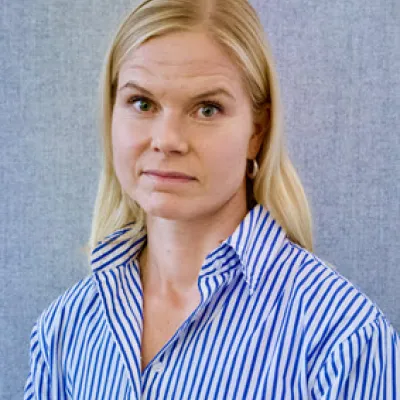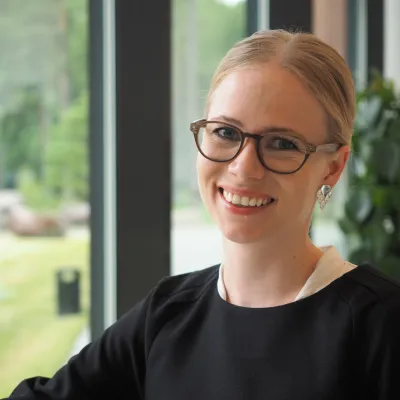Many forward thinking companies both in the B2B as well as in B2C-sector have taken sustainability as a key element for their business, and developed their product and service offering based on it. As sustainability changes the way of doing business, also the expectations of customers are changing. How sustainability affects and transforms customer experience, is not yet well known. We suggest, however, that by utilizing and sharing their understanding and knowledge of sustainability, advanced companies can have a remarkable role in shaping the future sustainable customer experience of their customers.
There are big differences in how sustainability is seen by customers. For example, in the B2B sector; many customers have sustainability high in their priorities, whereas for others, especially SMEs, sustainability plays only a minor role in the overall experience. We argue that companies advanced in sustainability can, also, pave the way towards wider understanding of sustainability among customers.
Even though, the meaning of sustainability in customer value creation and customer experience is recognized by many companies, sustainability-related publications do not directly connect sustainability to customer experience. To understand the phenomenon a little better, we interviewed several B2B forerunner companies on how they see their role in developing a sustainable customer experience. Based on these discussions, we see sustainable customer experience to construct around the well-known three components of sustainability: environmental, social and economic sustainability. It is, however, important to notice that these are only forming the core of the customer experience. Around those, there are three aspects transforming the meaning of sustainability in customer experience of existing products and services:
1) Learning about sustainability
Companies who are advanced in sustainability issues play a key role in increasing the awareness and knowledge about sustainability at their customer companies. Sustainability may seem like an abstract issue, and thus, many customers need verified knowledge about the link of sustainability to the offering in a clear and understandable way. Also, the complexities of product or service solutions and the value chains might increase the need for communicating the benefits of sustainability. Deciding what is the right way and level to talk about sustainability issues is a key issue to be solved.
2) Getting support to reach sustainability goals
Customer companies value support in achieving their own sustainability goals, for example by reducing their carbon footprint. They also might need the support in demonstrating that they are strong sustainability actors to their customers and stakeholders by developing products or services that contribute to solving sustainability issues. Being able to do this can offer a major competitive edge.
3) Building sustainability mindset
Becoming a sustainable business actor also requires a cultural change within the companies in the value chains. A sustainability mindset is built gradually but increasing awareness of the meaning and importance of sustainability is paving the way towards the mindset change. Adopting new ways of behaving and thinking takes time and building the new culture and mindset is thus seen to be a big challenge. The mindset change towards sustainability is, however, also important internally, to avoid the situation where the sustainability department or such is the only instance responsible for sustainability, instead of everyone in the organization taking care of the sustainable business.

The components of sustainable customer experience
We suggest that companies, that have recognized their important role in increasing their customers’ knowledge and interest in sustainability issues are in key position in shaping the future sustainable customer experience. Furthermore, they support their customers in reaching their own sustainability goals through their offering. Ultimately, this builds the mindset of sustainability. Not only in the organizations involved, but step by step all around in the industries. Furthermore, we believe that the increasing meaning of sustainability can act as a driver for anticipating the future customer needs also wider. The rise of sustainability issues can act as a wake up call to see also other future trends and needs. This would support organisations in their development and renewal and in the builing of the future customer experience.






